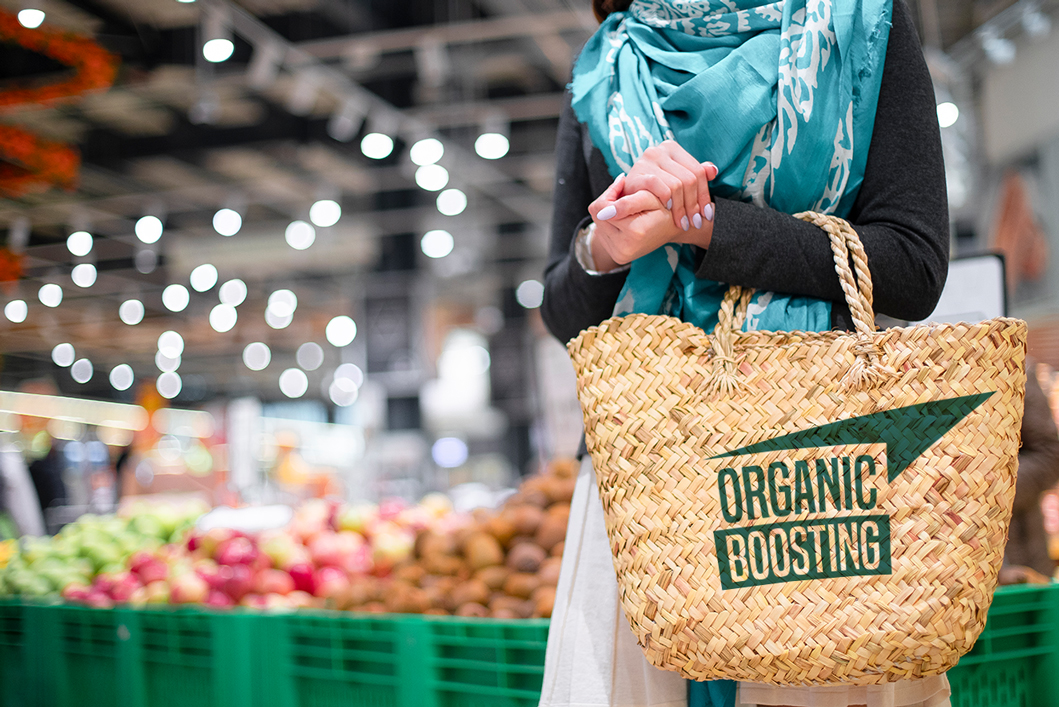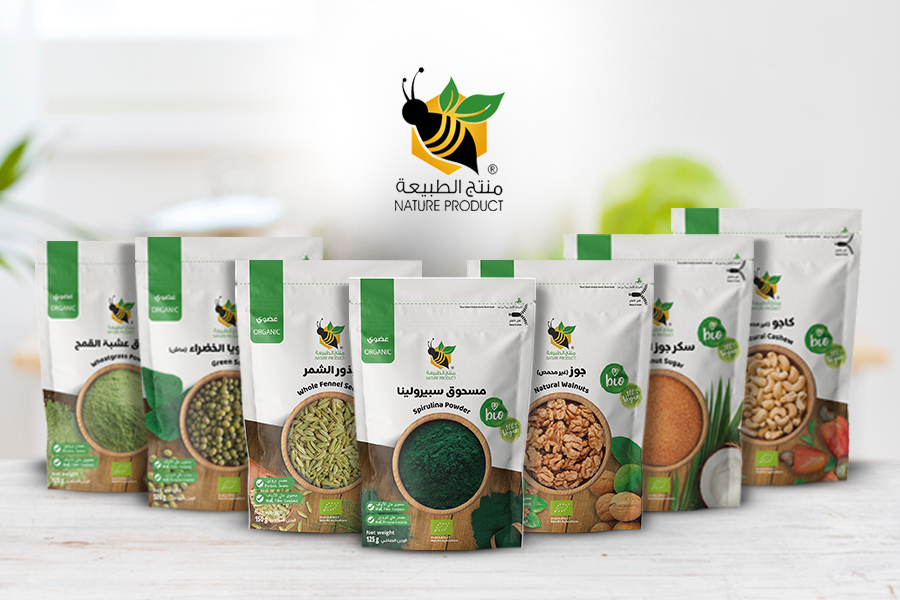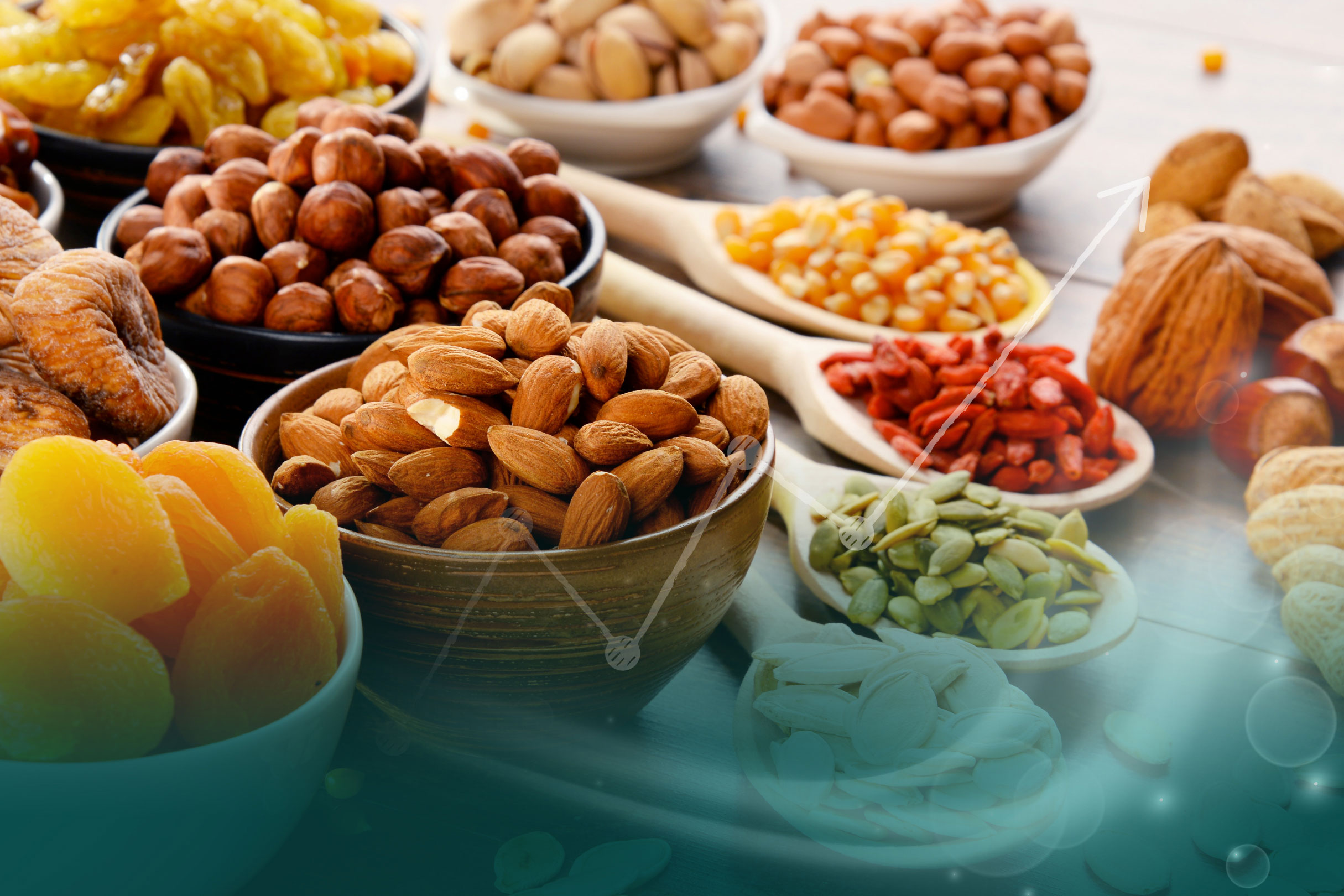Strategies for Catering to Health-Conscious Consumers during Ramadan
Ramadan, a month of fasting, reflection, and community, presents a unique opportunity for businesses in the food and health industry. Catering to health-conscious consumers during this time requires a nuanced approach that respects traditional practices while promoting well-being. This article delves into strategies to meet the needs of this specific customer segment, offering insights for decision-makers.
How to Cater to Health-Conscious Consumers During Ramadan
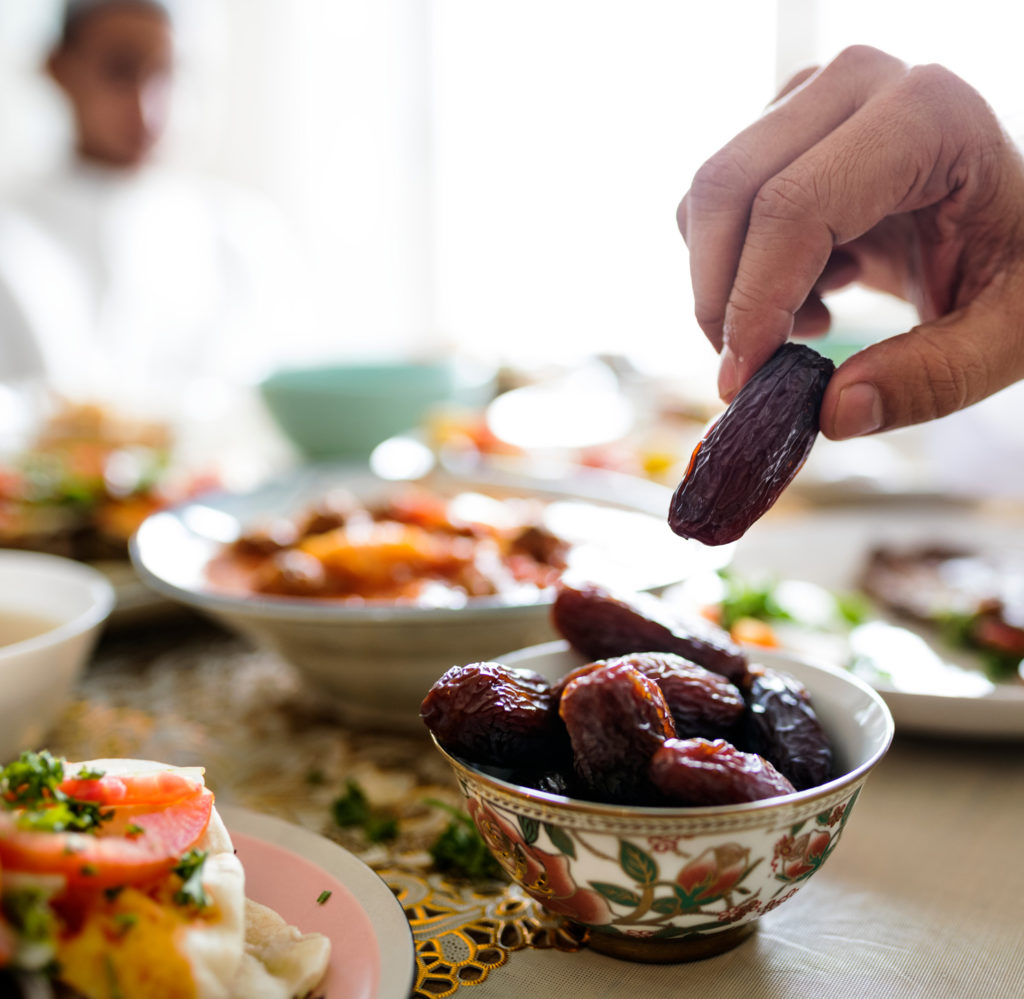
Understanding the Market Needs
During Ramadan, the daily fast from dawn till sunset significantly alters eating habits and consumer needs. Health-conscious individuals seek nourishment that maintains energy levels and nutritional balance. Businesses can tap into this demand by offering products rich in proteins, fibers, and essential nutrients. For instance, supermarkets can highlight and promote organic dates, nuts, and whole grains, which are traditionally consumed to break the fast yet are also nutrient-dense. Check out our blog 10 Must-Have Organic Products for Your Store This Ramadan
Adapting Offerings for Suhoor and Iftar
The pre-dawn meal (Suhoor) and the meal to break the fast (Iftar) are pivotal during Ramadan. Companies can curate special sections or menus with items specifically suited for these meals. For Suhoor, options that are high in complex carbohydrates and fiber, such as oatmeal or whole grain bread, can provide sustained energy throughout the day. Iftar offerings might include lean proteins and hydrating fruits and vegetables to replenish energy quickly.

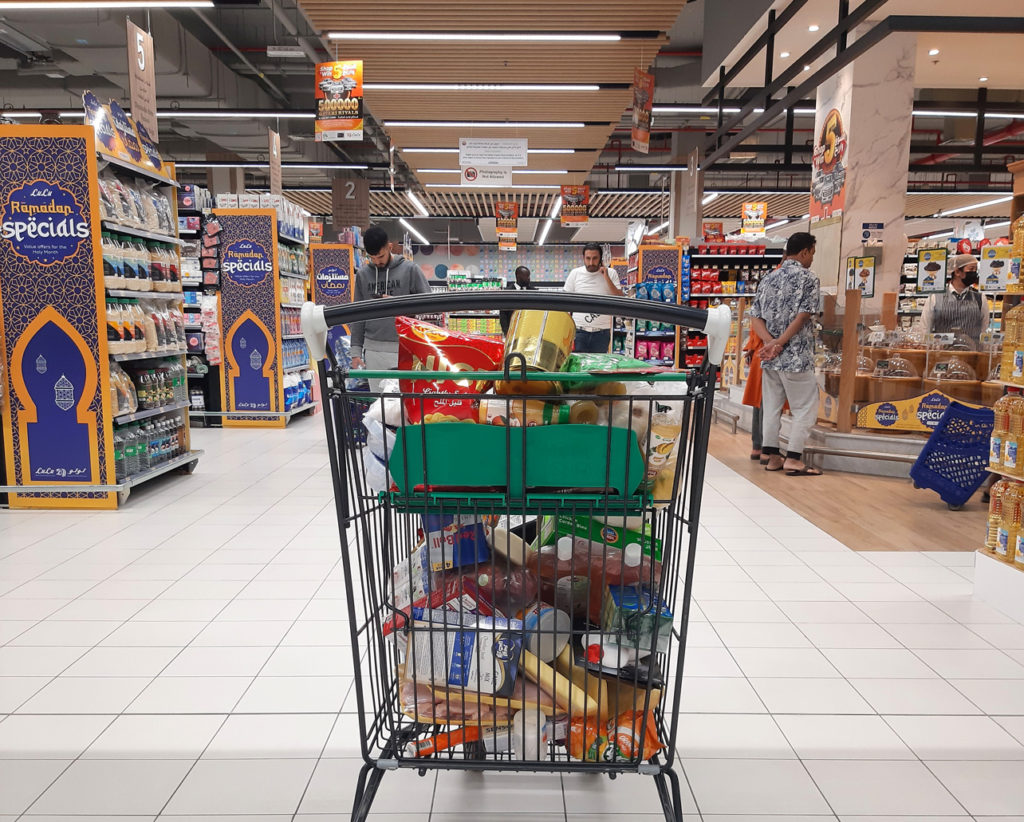
Marketing Strategies
Effective marketing during Ramadan involves more than just product selection; it’s about communication that resonates with the spirit of the season. Businesses should employ storytelling in their marketing materials, emphasizing the connection between health, well-being, and traditional Ramadan values. Social media campaigns can feature customer testimonials or expert advice on maintaining a healthy lifestyle during the fasting period.
Leveraging Technology for Convenience
In today’s digital age, convenience is key. Online shopping platforms and delivery services can be optimized for Ramadan, offering pre-planned meal kits or subscription boxes for Suhoor and Iftar. Ensuring a seamless online shopping experience, with options for quick delivery and easy-to-navigate product categories, can significantly enhance customer satisfaction.
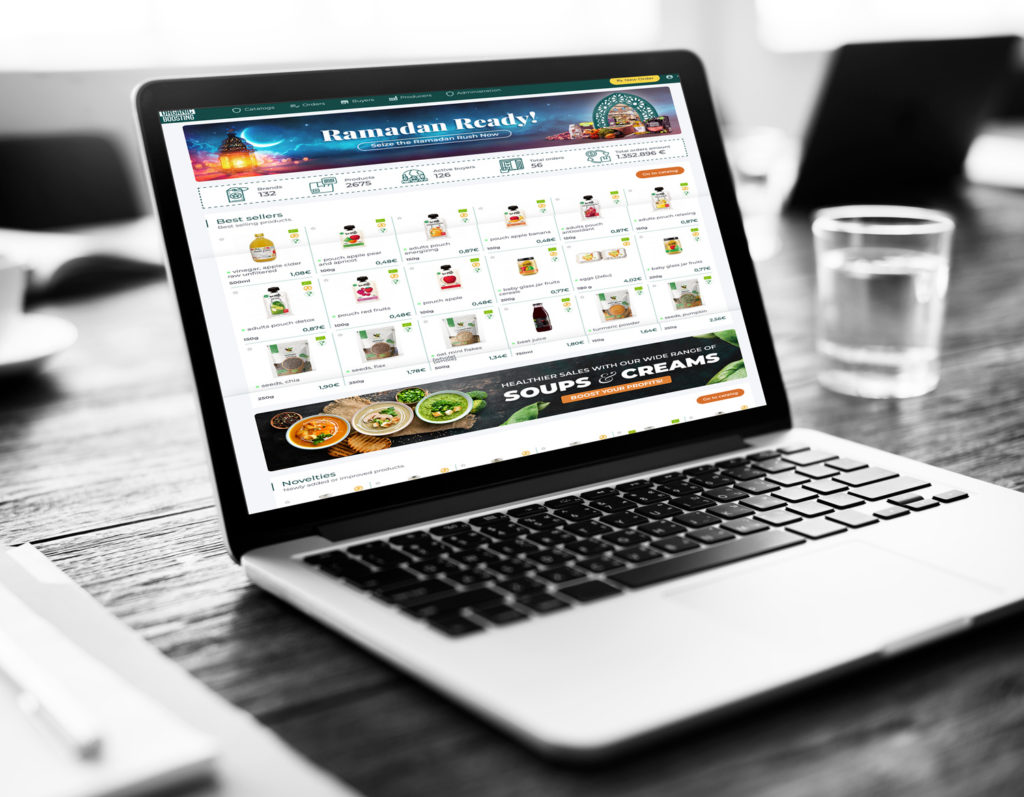
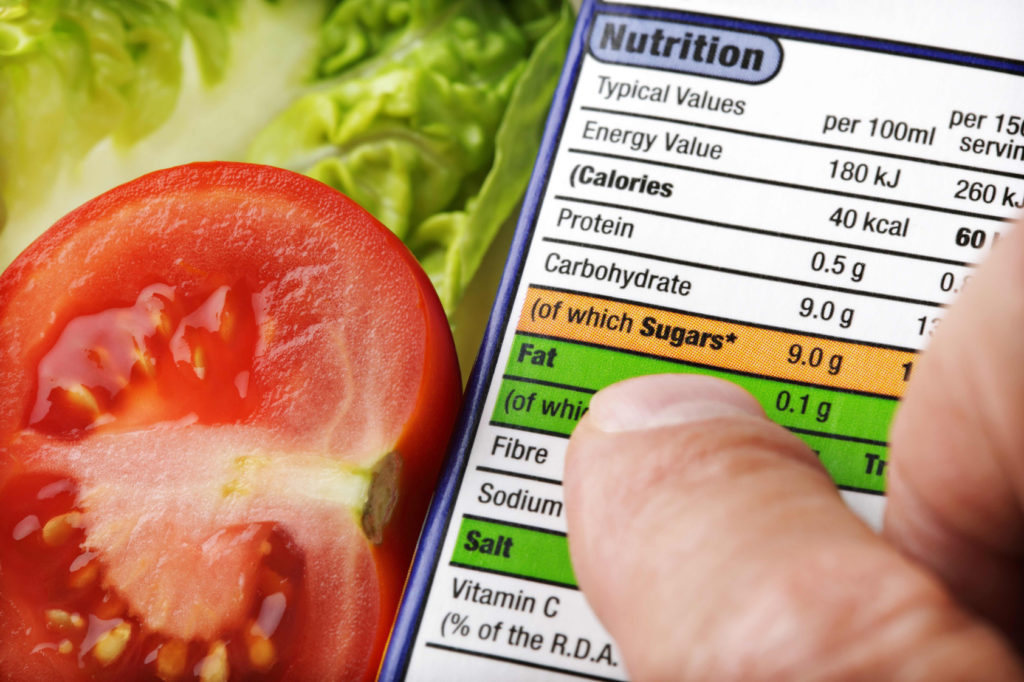
Emphasizing Quality and Transparency
Health-conscious consumers are often discerning about product quality and ingredient sourcing. Providing detailed product information, such as nutritional content, origin, and processing methods, builds trust. Certifications for organic or halal products can be prominently displayed to reassure customers about the quality of the offerings.
Educating Consumers
Beyond selling products, there’s an opportunity to educate consumers about healthy eating during Ramadan. This can be achieved through blogs, newsletters, or in-store workshops. Topics might include balancing hydration, managing portion sizes, and choosing nutrient-dense foods. Such initiatives demonstrate your brand’s commitment to consumer well-being, fostering long-term loyalty.

Conclusion
Catering to health-conscious consumers during Ramadan requires a blend of tradition, innovation, and genuine care for customer well-being. By understanding the unique needs of this period, businesses can create offerings that not only align with health goals but also resonate with the cultural significance of Ramadan. Leveraging technology, emphasizing quality, and engaging in meaningful marketing and partnerships can position your products as a go-to choice for health-conscious consumers during this holy month. Remember, it’s not just about selling products; it’s about being a part of your customer’s Ramadan journey and contributing positively to their health and wellness.
FAQs
- What are some healthy food options for Suhoor?
Whole grains, low-fat dairy, eggs, and fruits are great options for Suhoor. They provide slow-releasing energy and essential nutrients. - How can businesses ensure product quality during Ramadan?
Businesses should focus on sourcing high-quality ingredients and maintain transparency in labeling and product information. - What role does technology play in catering to health-conscious consumers during Ramadan?
Technology facilitates convenience through online shopping and information dissemination, making it easier for consumers to access healthy food options.


